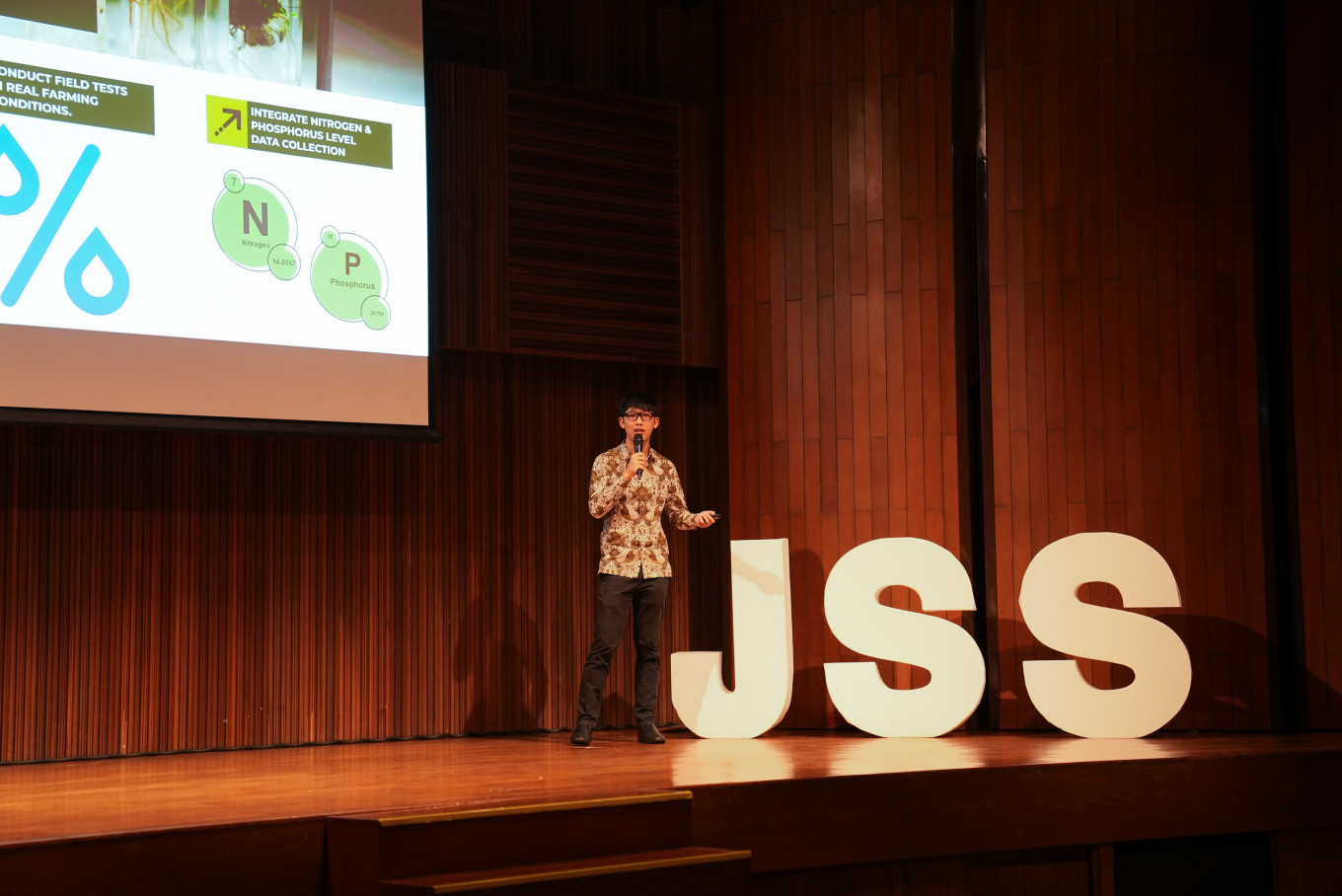FIFA to Test Cutting-Edge Offside Tech After Awoniyi Injury: A Game-Changer for VAR?

In a move poised to revolutionize video assistant referee (VAR) decisions, FIFA has announced it will trial advanced semi-automated offside technology at the upcoming Club World Cup. This decision comes in the wake of a concerning injury sustained by Nottingham Forest striker Taiwo Awoniyi, highlighting the need for faster and more accurate offside calls.
The traditional VAR process for offside calls can be lengthy and subjective, often leading to delays and frustration for players, coaches, and fans. This new technology aims to significantly reduce the time taken to make these crucial decisions, enhancing the overall flow and excitement of the game.
How Does the Advanced Technology Work?
Unlike the current VAR system which relies heavily on manual review of video footage, the semi-automated offside technology utilizes a network of advanced sensors and cameras strategically positioned around the stadium. These sensors track the position of the ball and all players in real-time, creating a dynamic 3D model of the field.
When a potential offside situation arises, the system automatically alerts the VAR team, providing them with precise data on player positions at the moment the ball was played. This data includes estimations of the player’s distance from the last defender, eliminating much of the guesswork involved in manual reviews. The VAR team retains the final decision-making authority, but the technology provides them with significantly more accurate and objective information.
The Taiwo Awoniyi Factor
The recent injury to Taiwo Awoniyi, while unfortunate, served as a stark reminder of the pressure and intensity of modern football. While the specifics of his injury are not directly linked to an offside call, the incident accelerated FIFA's plans to implement this technology. The desire to minimize delays and potential injuries stemming from prolonged VAR reviews played a crucial role in the decision.
Impact on the Game
The introduction of semi-automated offside technology is expected to have a profound impact on the game. Here's a breakdown of potential benefits:
- Faster Decisions: Significantly reduces the time taken to review offside calls, leading to a more fluid and engaging match experience.
- Increased Accuracy: Provides more precise data, minimizing human error and subjectivity in offside determinations.
- Reduced Disruption: Less interruption to the game's flow, allowing players to maintain momentum and intensity.
- Improved Fairness: More consistent and objective application of the offside rule across different matches and competitions.
Looking Ahead
The trial at the Club World Cup represents a significant step towards the widespread adoption of this technology. FIFA will closely monitor its performance and gather feedback from players, coaches, and referees before considering its implementation in other major competitions, including the World Cup. If successful, this could mark a turning point in how offside decisions are made, ushering in a new era of accuracy and efficiency in football officiating.
The evolution of VAR technology is ongoing, and this semi-automated offside system is a testament to FIFA's commitment to improving the fairness and integrity of the beautiful game. Will this be the final solution to offside controversies? Only time will tell, but the potential is undeniably exciting.






